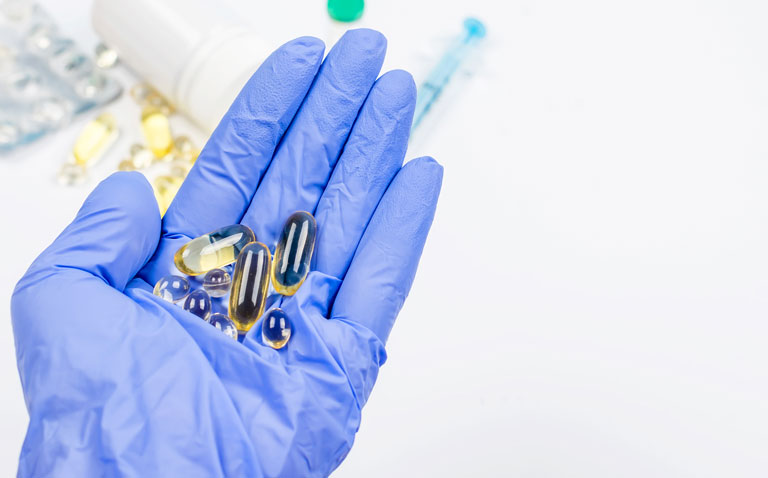During the current pandemic there has been much interest and debate over the potential protective role of vitamin D, especially as the hormone plays an important role in immunity.
It has been speculated that a lack of vitamin D, which is common in the elderly (and who are at increased risk of death), prevents the body from attenuating the pro-inflammatory cytokine response which characterises lung damage. In this latest study, a team from the University Hospital of Marques de Valdecilla, Santander, Spain, conducted a retrospective analysis of patients hospitalised with COVID-19 and compared their vitamin levels with an age-matched control group of patients. Demographic data was collected from hospital records and all included patients had a PCT COVID-19 positive test result to confirm infection. Vitamin deficiency was defined as a serum 25OHD level of < 20ng/ml. As part of the treatment plan, patients received tocilizumab if their PaO2/FIO2 ratio was < 300. The authors defined a composite endpoint of admission to intensive care, requirements for mechanical ventilation or in-hospital mortality and compared this endpoint between the two groups.
Findings
The study included 216 patients of whom 19, were already taking supplementation. The median age was 61 years and 62.4% of participants were male. The mean 25OHD levels in COVID-19 patients were 13.8 (± 7.2ng/ml) compared to 20.9 (± 7.4) ng/ml in control patients (p < 0.0001). Overall, vitamin D deficiency was recorded in 82.2% of those with COVID-19 compared to 47.2% of matched controls. Furthermore, compared to those who were vitamin deficient, vitamin D replete patients had a reduced need for tocilizumab (17% vs 33.1%, p = 0.032), less frequent radiological progressions (14.9% vs 30.2%, p = 0.037), lower intensive care admissions 912.8% vs 26.6%, p = 0.048) and a slightly shorter hospital stay (12 vs 8 days). However, the authors found no correlation between serum 25OHD levels and the composite severity endpoint, with an odds ratio of 1.13 (95% CI 0.27 – 4.77, p = 0.865). Commenting on this finding the authors noted that whether it has a preventative role or even improves prognosis remains to be determined.
Thus, while this study demonstrates lower vitamin D levels among patients with COVID-19, it adds very little to our overall understanding of the role of this vitamin in relation to infection with the virus.
Reference
Hernandez JL et al. Vitamin D status in hospitalised patients with SARS-Cov-2 infection. J Clin Endocrinol Metab 2020 dgaa733. https://doi.org/10.1210/clinem/dgaa733










